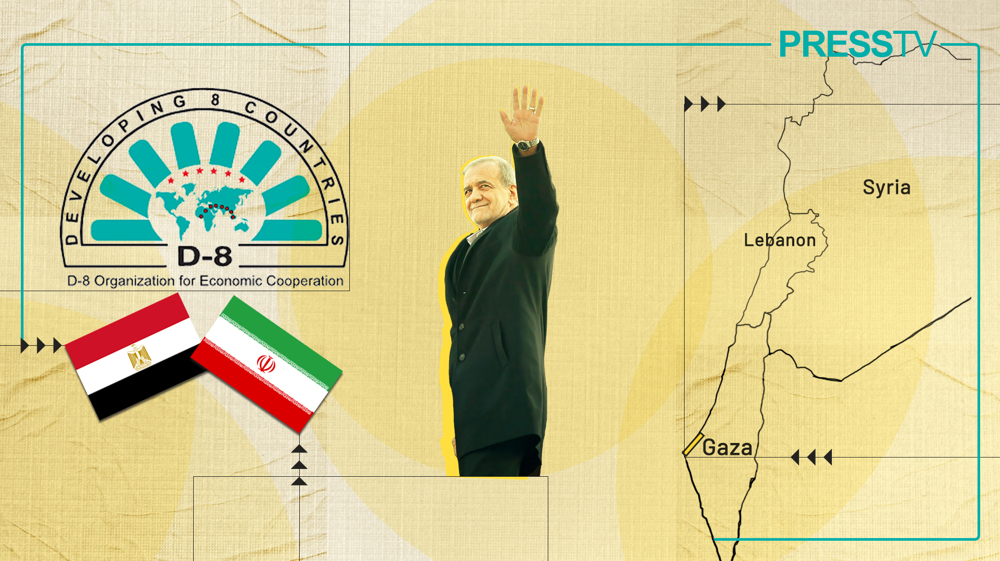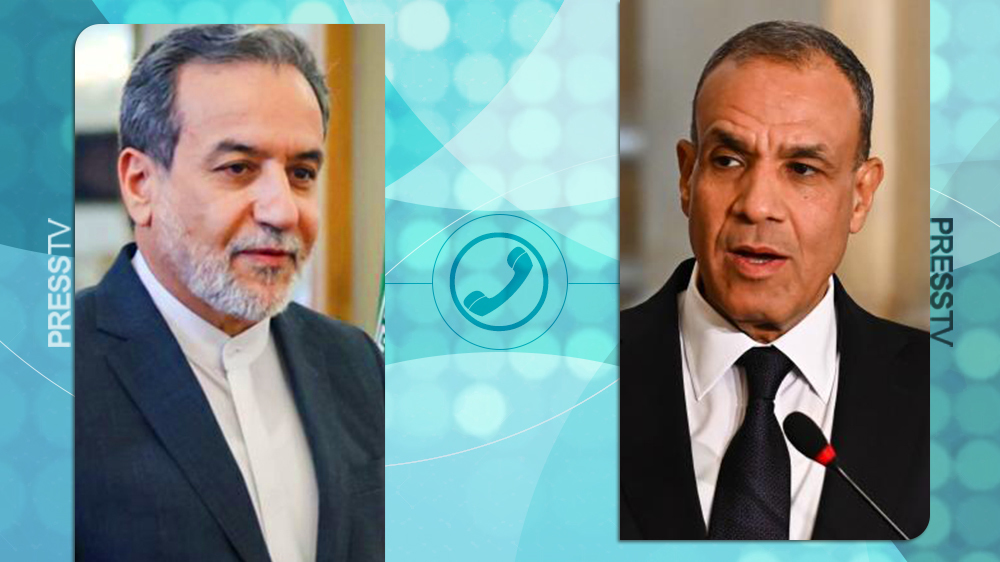Egyptians voting in second round of parliamentary vote
Egyptians have started casting ballots in the second phase of parliamentary elections, while analysts anticipate a low turnout similar to the one seen during the first round of the polls in the North African state.
Polling stations opened at 9 a.m. local time (0700 GMT) on Sunday and will close 12 hours later. The same process will also be followed on Monday.
More than 2,800 candidates are competing for 222 seats in the 596-seat legislature.
The new legislature, which is expected to hold its inaugural session next month, contains 568 elected members. Egyptian President Abdel Fattah el-Sisi may also appoint up to a further 28 lawmakers.
About 28 million Egyptians are eligible to vote in the final phase of the parliamentary polls across 13 out of a total of 27 provinces, including Cairo, with a run-off due on December 1 and 2.
The first round of the elections, which was held across 14 provinces on October 18 and 19, witnessed a turnout of 26.6 percent. Days later, a run-off was held, producing an even lower participation of 21.7 percent.

Candidates backing Sisi made big gains in the first stage of the elections, boosting speculations that the new parliament will not challenge the military-backed government in Egypt.
State television showed footage of largely empty polling stations during Sunday’s polls.
Many believe that the elections offered little genuine choice in the absence of opposition groups such as the Muslim Brotherhood.
“There is no reason to vote, these elections don’t mean anything. All these candidates are running so they can get MP perks,” said Hassan, a 21-year-old student, who refrained from giving his full name.
Hassan Nafaa, professor of political science at Cairo University, also said that a low turnout sends a warning to the Egyptian president.
“The low turnout is the most remarkable phenomenon in the elections. It means that the Egyptian people have turned their backs on the elections, despite President Sisi personally calling them to vote,” Nafaa said.
Egypt’s last general election was held in 2011, months after the revolution that ousted the country’s then dictator, Hosni Mubarak. However, the resulting Brotherhood-dominated parliament was dissolved in June 2012, days before Mohamed Morsi became the country’s first democratically-elected president. Morsi, however, was toppled a year later by Sisi.
The military-backed government in Cairo has been engaged in suppressing supporters of Morsi and the Brotherhood since the summer of 2013. The clampdown has led to the death of more than 1,400 people and the arrest of 22,000 others.
Muslim Brotherhood supporters continue to stage protests in different parts of Egypt to condemn what they call the illegal ouster of Morsi and the heavy-handed crackdown on protesters.
Tel Aviv tells Damascus Israeli forces will remain in occupied territory: Report
Dec. 22: ‘Axis of Resistance’ operations against Israeli occupation
‘Abhorrent’: Oxfam says only 12 trucks delivered aid in North Gaza since Oct.
VIDEO | Leader receives religious eulogists on Hazrat Fatima birth anniv.
Pope Francis slams Israel’s ‘machine-gunning’ of Gaza children
US hostage-taking of Iranian nationals violation of intl. law: Deputy FM
VIDEO | Carol Singers for Palestine on London’s Parliament Square
Ansarullah says ‘Israeli terrorists’ incapable of confronting Yemen, warns of secret weapons
















 This makes it easy to access the Press TV website
This makes it easy to access the Press TV website